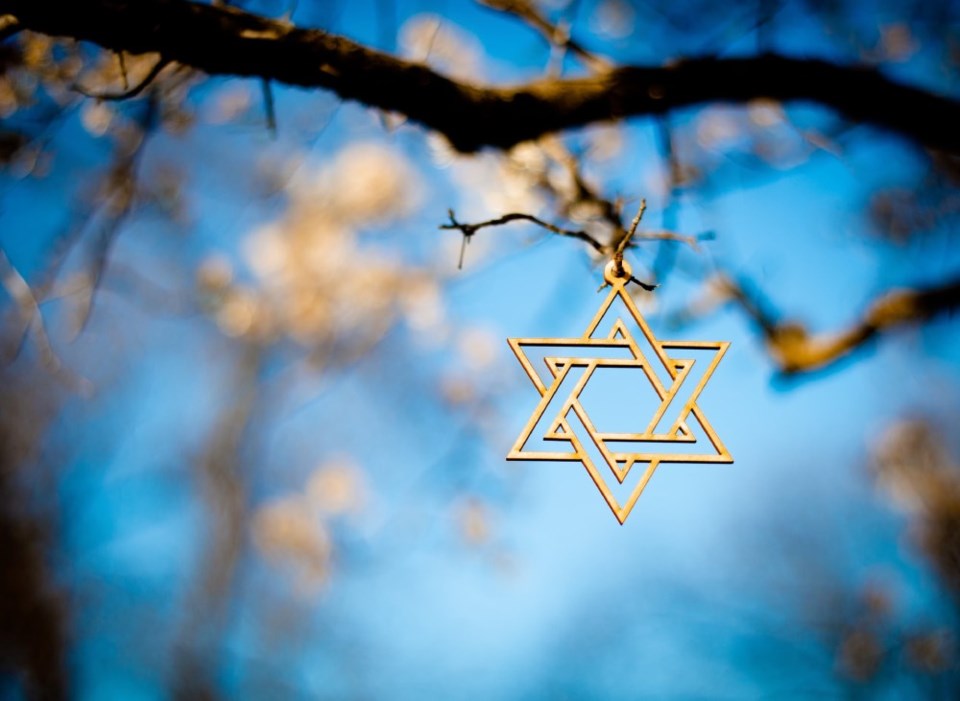Here is a fill-in-the-blank opportunity for everyone!
My friend converted to ________. She is____________. Converts are always_____________. How did you respond to these spaces? With more questions? With a quick answer? With a broad generalization?
Religious conversions are not always Damascene, a word that some will recognize as an in-the-moment experience of religious revelation. Other conversions are considered over years, if not many years, until the conjunctive forces of combined opportunities become available. Many seek to be the right age, or wait until they are married, or search for the appropriate teacher and learning environment.
Many people seek conversion, and different faith traditions will respond similarly and differently to these requests. Many traditions provide a formal training and learning period, an introduction to religious community and an expectation that those on the conversion learning curve will attend services and participate with their sponsoring community. At Kolot Mayim, students attend classes over a two-year period, during which they also meet with me privately to discuss their reading, their progress and their challenges. They learn to read Hebrew, learn basic Hebrew prayers and learn the mores of what being a Jew entails.
One of those challenges will continue long after actual conversion, and that will be facing into assumptions and expectations of others, Jews and non-Jews. People who have converted will often face intimate questions asked of them about when, why, and how – questions they may not be comfortable answering. In Judaism there is a significant teaching that one who converts into Judaism is considered as if born into Judaism, and it is considered highly impolite (to say the least) to mention that someone is a convert. And yet, it happens. But conversion does bring wonderful opportunities.
I have come to understand that those questions are often a template for the questioner more than the one questioned. Those of us who choose our practice and faith traditions have usually spent extraordinary hours learning and thinking and dreaming about next steps. It is a journey both interior and external to us. This journey is never simplistic. It requires much of us, and in answering such a question we are perhaps providing a gift to the questioner. We might be opening a door for this person born into Judaism to also begin their own journey of re-confirming their Jewish practices and ideas. We might be a source of inspiration!
“A story is told about Louis Brandeis (1856-1941), who was a student at Harvard Law School at a time when there were explicit limits on what Jews could hope to achieve [1875-1877ish]. Quotas were in effect and many law offices were completely closed to Jewish attorneys. When Brandeis was in school, his colleagues would say, “Brandeis, you’re brilliant. If you weren’t a Jew, you could end up on the Supreme Court. Why don’t you convert? Then all of your problems would be solved.”
Brandeis did not respond to such comments, but on the occasion of his official introduction to an exclusive honor society at the law school, Brandeis took the podium and announced, “I am sorry I was born a Jew.” His words were greeted with enthusiastic applause, shouts, and cheers. But when the noise died down he continued. “I’m sorry I was born a Jew, but only because I wish I had the privilege of choosing Judaism on my own.”
The initial response of stunned silence slowly gave way to awed applause. Ultimately, his anti-Semitic peers rose and gave him a standing ovation.”
Each of us chooses our pathway every day. May your pathways be graced with generosity, kindness and thoughtful learning.
Rabbi Lynn Greenhough is rabbi with Victoria’s Jewish Reform community – Kolot Mayim Reform Temple.
You can read more articles on our interfaith blog, Spiritually Speaking, HERE: /blogs/spiritually-speaking
* This article was published in the print edition of the sa国际传媒 on Saturday, January 15th 2022



